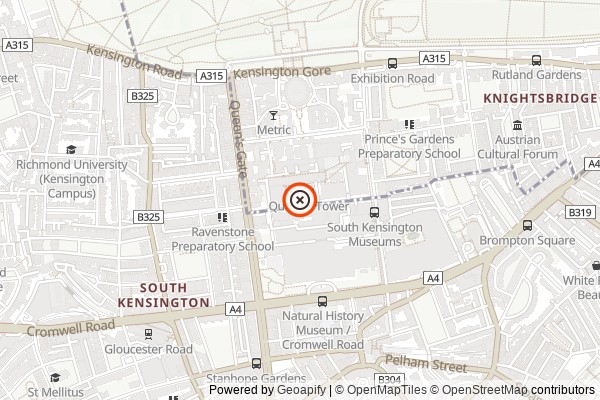This event has finished Took place on: Wednesday, 15th Dec 2021
Join Professor Marina Galand from the Department of Physics for her Imperial Inaugural.
The auroras that dance in our planet’s polar skies as the Northern and Southern Lights have fascinated people for millennia. In recent decades similar light displays, which form as charged particles (from the Sun or from a planetary environment) interact with an atmospheric gas, have been seen at various planets and moons in the Solar System, and even around low-mass stars.
Despite these discoveries, many scientists were surprised when ESA’s Rosetta mission revealed an auroral glow in the ultraviolet, this time around comet 67P/Churyumov-Gerasimenko which Rosetta escorted between 2014 and 2016. Auroras are a footprint of the extra-atmospheric energy source inducing them. From their analysis it is hence possible to get a snapshot of this energy source and of its impact on the glowing atmosphere (which includes the formation of a critical plasma layer), both crucial for assessing and predicting space weather in the Solar System.
Marina Galand is Professor in Planetary Science at Imperial College London, and has been exploring the deposition of solar and auroral particle energy in atmospheres of bodies throughout the Solar System and beyond, in close link with international space missions, such as Cassini and Rosetta.
In her inaugural lecture she will discuss how this energy is deposited in planetary atmospheres, will highlight the key role played by the plasma layer produced, and will explore how auroral emissions can be used to infer information on the energy source. She will illustrate her lecture with examples taken at several Solar System bodies, including Earth, Saturn’s moon Titan, and comet 67P.
Biography
Marina Galand received her PhD in Space Physics from the Joseph Fourier University, Grenoble, France, in 1996. She spent several years at the High Altitude Observatory (HAO), part of the National Center for Atmospheric Research (NCAR) and at the Space Environment Center (now Space Weather Prediction Center), part of the National Oceanic and Atmospheric Administration (NOAA), in Boulder, Colorado, in the USA, as a Postdoctoral Fellow. She spent 5 years at the Center for Space Physics (CSP) at Boston University in the USA as a Research Associate, before moving to the UK as a Lecturer at Imperial College London in 2005.
Before joining Imperial College London, her research primarily focused on the modelling and observation of auroral energetic protons and their impact on the high latitude regions at Earth. Since joining Imperial, her research has extended to planetary atmospheres. Her most recent contribution is the identification of auroral emissions at comet 67P in the far ultraviolet, a tracer of electrons emitted by the Sun. She is the Lead for the magnetometer on the probe B2 for the Comet Interceptor mission planned to be launched in 2029. Her work has been rewarded by the Zeldovich Medal (2006) and the Fernand Holweck Medal and Prize (2018).
COVID-19 guidance
This event is being planned in-line with anticipated Government guidance at the time of the event. All College safety policies in place at the time will be followed. You can read about our current safety policies on the College website.
We are committed to delivering our events safely and responsibly and in order to do so, elements of the event may need to change to adhere to any updated Government or College guidance.
This may include the use of face coverings, a reduction in guests at the in-person event and some adjustments to the schedule of the evening. We will keep guests fully up to date with any changes and further details about our plans as we move towards the event.
We also request that if you test positive for COVID within 14 days after the event please do let us know as soon as possible so that we are able to notify other attendees for contact tracing purposes.
Contact and Booking Details
This event has finished Took place on: Wednesday, 15th Dec 2021
Booking details and information at this website.
Reserve tickets at this website
Disclaimer: All information given is correct at the time of compiling the listings. Any questions about the event should be directed to the event organiser. Photos and images used in this listing are supplied by the organiser.
2021-12-15 2021-12-15 Europe/London Aurora in the Solar System: What they can teach us. A lecture about the "northern lights" that take place on other planets. https://www.ianvisits.co.uk/calendar/2021/12/15/aurora-in-the-solar-system-what-they-can-teach-us-282122 Lecture theatre 1, Blackett Building,Imperial College London,,LondonLocation
Lecture theatre 1, Blackett Building,
London,
SW7 2AZ

Nearest tube and train stations to Lecture theatre 1, Blackett Building
What else is hapening in London on 15th Dec 2021






